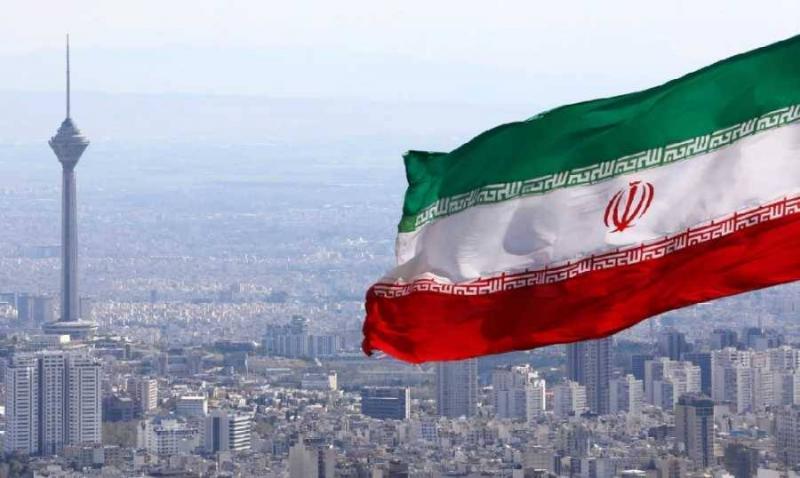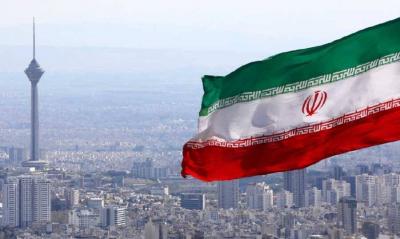The appearance of the Secretary-General of "Hezbollah," Hassan Nasrallah, last night on the anniversary of the absence of Hajj Qassem Soleimani and Abu Mahdi al-Muhandis did not hint in any way that Nasrallah might be speaking from somewhere in Tehran. According to some reports, the party leader left Lebanon some time ago for the Islamic Republic for security reasons related to the developments in the confrontation with Israel, whether in Gaza or along the southern border. This is in light of a public threat issued by Israel to assassinate Nasrallah not long ago. About a week ago, Israeli Foreign Minister Eli Cohen told Israel Hayom that Nasrallah must understand that he is next unless the party retreats north of the Litani River. The Israeli official's term "next" referred to Israel's assassination of the former Revolutionary Guard commander, Razi al-Mousawi, in Damascus during an air raid on December 25.
What adds an additional dimension to the news of Nasrallah's trip to the Islamic Republic is the assassination of Palestinian Deputy Hamas Leader Saleh al-Arouri two days ago in the southern suburb of Beirut, in a manner similar to that used by Israel in killing al-Mousawi in the Syrian capital. This indicates that Israel's capabilities in carrying out threats to assassinate its opponents exceed its abilities to avoid them. One expert who wrote yesterday on the electronic news site affiliated with "Hezbollah” described the assassination of al-Arouri as "one of the sensitive and exceptional special operations." First, concerning the technical and explosive ability of a long-range aircraft away from the target. Second, with regard to the rigorous intelligence data that was collected using drones for distant observation and surveillance, along with human intelligence from agents or spies who contributed to determining the lethal timing for the execution.
It is no exaggeration to say that Lebanon has become in a state of severe danger since "Hezbollah" decided to open a front against Israel along the southern border on October 8, the day after the Gaza war. Hezbollah’s leadership has heard directly or indirectly from senior French officials, most recently Defense Minister Sébastien Lecornu, that the conditions are extremely delicate. The situation became so critical that the head of French intelligence, Bernard Émié, informed his contact in the party that madness currently governs Israel.
It is no secret, especially to the party leadership, that the reassurances sent by Israel after the assassination of al-Arouri toward Beirut, claiming that the recent operation in the southern suburb does not target Hezbollah or Lebanon, are akin to a sedative intended to lull the victims, who are still alive, back into a state of relaxation to facilitate striking them at the right moment. There are those who still recall the conditions during the July War in 2006, how safety requirements led to arranging a residence for Nasrallah in a relatively safe location to avoid the devastating Israeli airstrikes that leveled parts of the southern suburb to the ground.
There is a famous phrase that has become a cinematic film called "Fields of Death," which revolves around Cambodia in the 1970s. This phrase seems appropriate to describe the conditions of most Middle Eastern countries, including Lebanon. And because necessity permits prohibitions, perhaps Nasrallah addressed his audience from Iran as if he were in the southern suburb.




